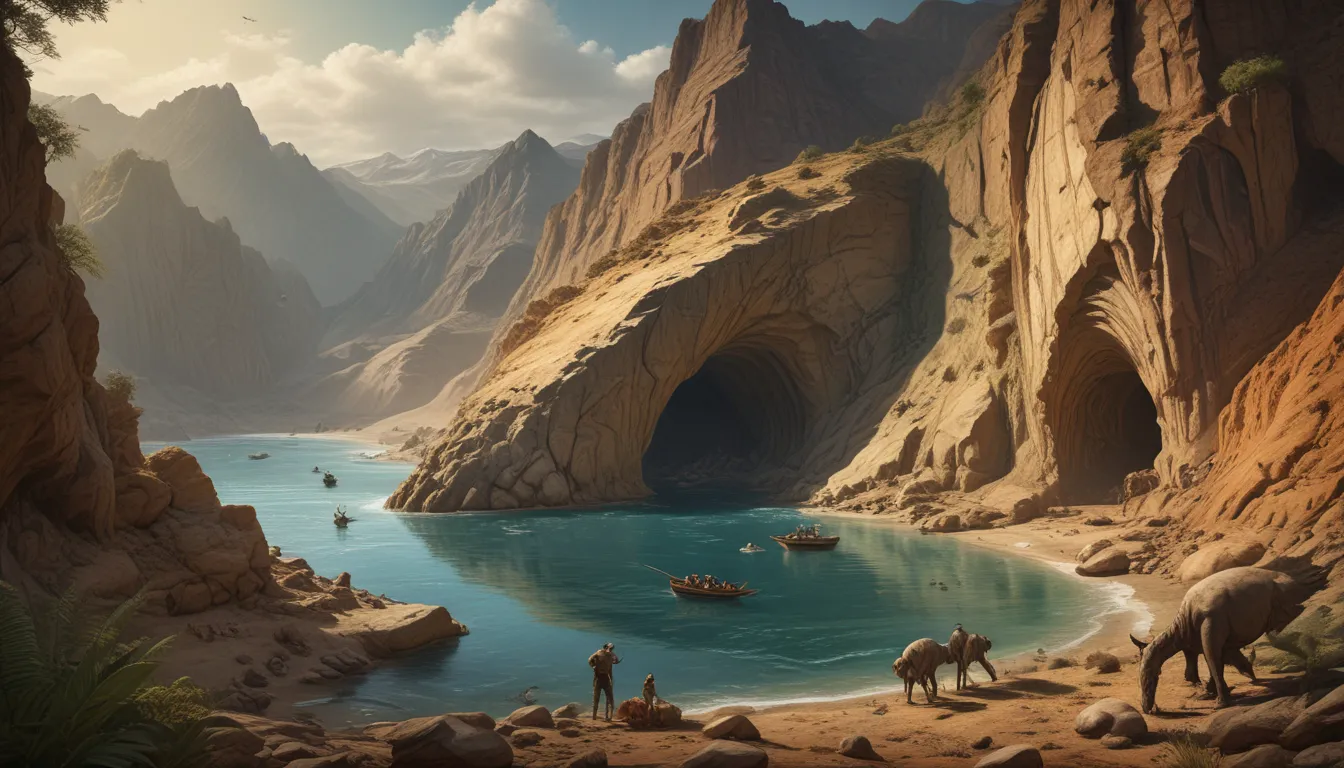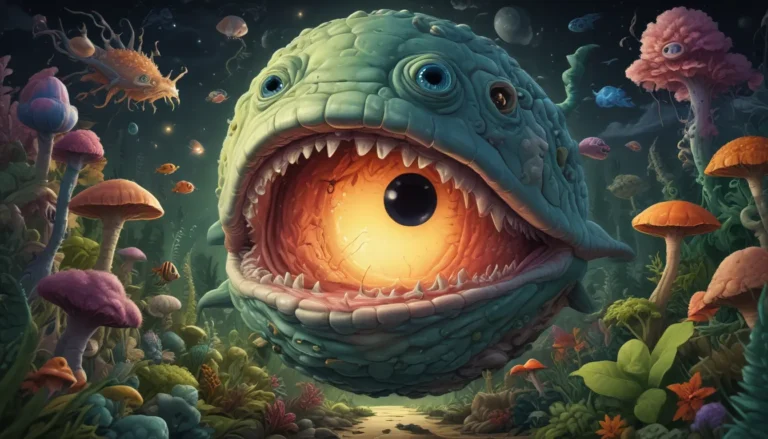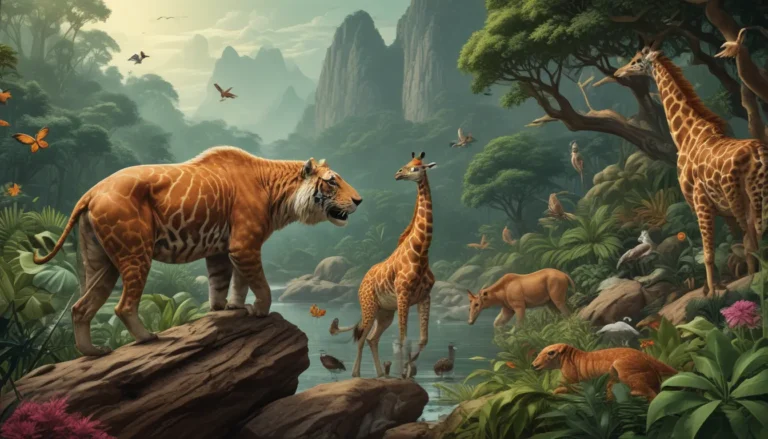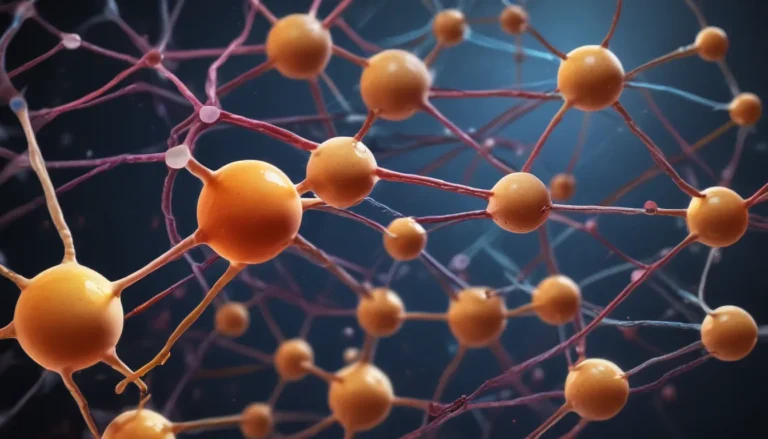A Note About Images: The images used in our articles are for illustration purposes only and may not exactly match the content. They are meant to engage readers, but the text should be relied upon for accurate information.
Fossilization is a captivating process that allows us to gain insights into the history of life on Earth. From ancient creatures preserved in amber to imprints of plant leaves found in rocks, fossils provide us with a window into the past. By studying fossils, scientists can uncover information about the evolution of different species, the environments they lived in, and even the climate of bygone eras.
Unveiling the Process of Fossilization
Fossilization is a slow and gradual process that requires the right conditions for preservation. It can take millions of years for the organic materials of an organism to be replaced by minerals, eventually turning into a fossil. Fossils come in different forms, ranging from petrified remains to impressions left in rocks, providing valuable clues about ancient ecosystems and environments.
Delving into the World of Fossils
Fossils help scientists understand evolution, ancient environments, and even human origins, making them crucial for unlocking the mysteries of the past. The study of fossils, known as paleontology, allows scientists to trace the evolutionary history of different species and reconstruct past ecosystems. Fossils have been found on every continent, preserving soft tissues, traces of behavior, and evidence of ancient climates.
Exploring the Diversity of Fossil Discoveries
Fossils can include impressive discoveries such as complete dinosaur skeletons, fossilized footprints, and even rare instances of soft tissue preservation. These remarkable findings provide valuable information about the anatomy, physiology, and behaviors of extinct organisms. Fossils have also played a crucial role in understanding mass extinctions and the evolution of our own species, Homo sapiens.
The Importance of Fossils in Understanding Earth’s History
Fossils are essential in unraveling the mysteries of the past by providing insights into the ancient history of our planet. They serve as a bridge between the past and the present, allowing us to uncover the secrets of long-extinct species and reconstruct ecosystems that existed millions of years ago. Fossilization is an incredible process that has allowed us to unlock the mysteries of the distant past.
Frequently Asked Questions About Fossilization
-
What is fossilization?
Fossilization is the process by which organic material becomes preserved in rock or sediment over millions of years. -
How long does it take for fossils to form?
Fossilization can take anywhere from a few thousand years to millions of years, depending on the burial and preservation conditions. -
What are the different types of fossils?
There are several types, including petrified fossils, molds, casts, trace fossils, and preserved remains in amber or tar pits. -
How do scientists determine the age of fossils?
Scientists use dating methods like radiometric dating and relative dating to determine fossil ages. -
Are all fossils of extinct species?
No, some fossils belong to species still alive today, showing their long history on Earth. -
Why are fossils important?
Fossils provide a window into the past, allowing us to study and understand the evolution of life on Earth and ancient environments. -
Can fossils be found anywhere?
Fossils are found in various locations, typically in areas with sedimentary rocks or ancient lakebeds. -
How do paleontologists find fossils?
Paleontologists search in fossil sites discovered through geological surveys, analyzing rock formations, or studying the geological history of an area. -
Can you keep fossils you find?
Laws and regulations vary, so it’s best to check local rules before collecting fossils. -
Are all fossils complete specimens?
Many fossils are incomplete, but even fragmented fossils provide valuable information about ancient life forms.
Embark on a Journey Through Time with Fossilization
Fossilization allows us to connect with the past, unraveling the mysteries of Earth’s history and the evolution of life. By studying fossils, we can gain a deeper understanding of the world that existed long before us. Explore the captivating world of paleontology and discover the wonders waiting to be unearthed in the remnants of ancient life.






